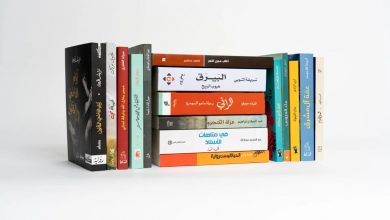After years of focusing their rhetoric on Algerian immigrants, France’s far-right has now shifted its attention toward the Tunisian community, portraying them as the latest “problem” in the immigration debate.
The far-right’s growing fixation on Tunisians follows a recent report from the Observatory of Immigration and Demography (OID), a body known for its proximity to conservative and far-right circles. Previously, the OID had stirred controversy by exaggerating the number of visas granted to Algerians. This time, the organization has turned its lens toward Tunisian immigration.
Questioning Integration
According to a note revealed by Le Figaro, the OID’s latest publication—titled “Tunisian Immigration in France: A Rapid Growth That Raises Questions”—claims that Tunisian immigration has expanded at twice the pace of Algerian immigration over the past two decades. The report argues, however, that this growth has not been matched by sustainable economic integration.
The OID highlights what it describes as persistent challenges: limited success in labor market integration and alleged shortcomings in Tunisia’s cooperation regarding the repatriation of nationals living illegally in France. The note also points to an increase in the number of residency permits granted to Tunisians, framing it as a cause for concern.
A Rapid Rise
Figures cited in the report indicate that the Tunisian-born immigrant population in France grew by 52.6% between 2006 and 2023. The OID concludes that Tunisian immigration has experienced “the strongest growth among Maghreb countries—nearly double that of Algerian immigration.”
Nicolas Pouvreau-Monti, director of the OID and a vocal critic of immigration, suggested that while France has facilitated regular pathways for Tunisians through bilateral agreements, these measures should have been matched with stronger control over irregular migration—something he claims has not been achieved.
Political Exploitation
While presented under the guise of demographic analysis, such publications often fuel political narratives that target specific immigrant communities. After Algerians, Tunisians are now portrayed as the “next wave” to be scrutinized, revealing once again how immigration debates in France remain tightly intertwined with the agendas of the far right.




